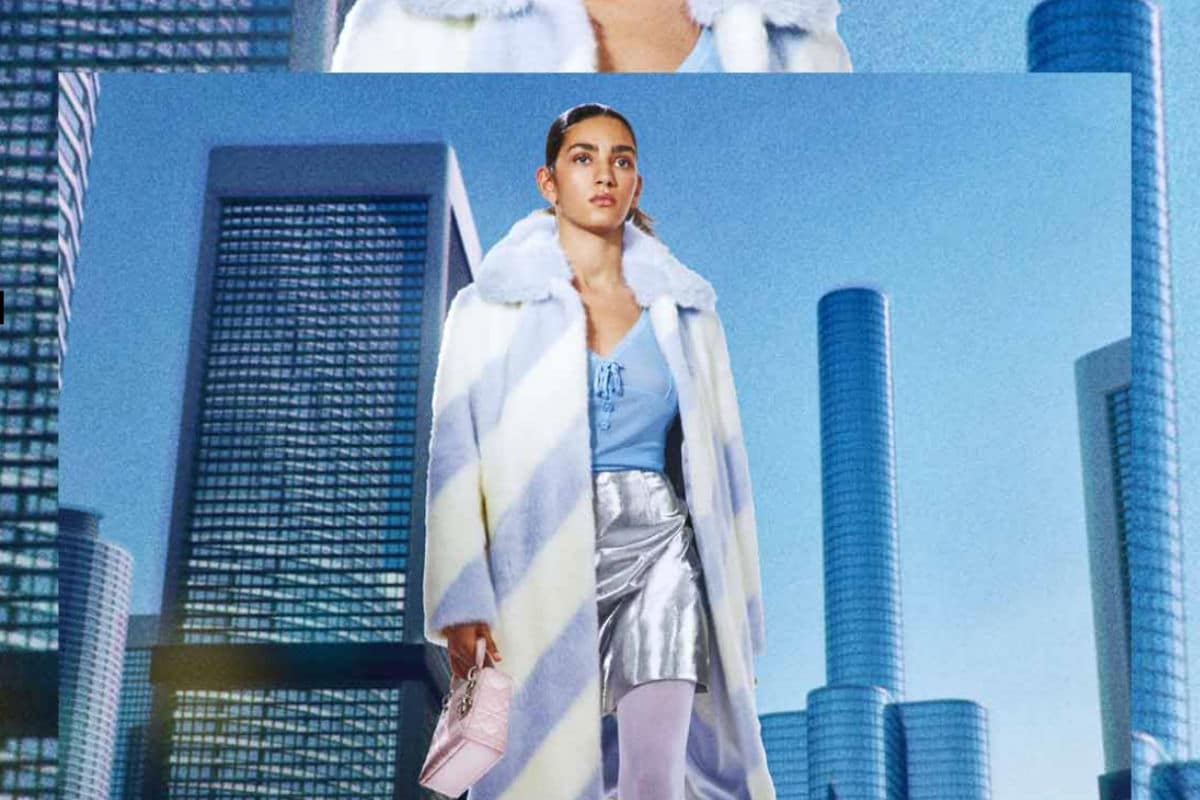
It's clear that the last few months, following the outbreak of coronavirus, have given way to an enormous shift in the realm of fashion.
We're becoming more conscious of need, of production and of the impact of the fashion calendar and its seasons. And certainly we're now increasingly more conscious of consumption.
Vestiaire Collective's recent report The Smart Side of Fashion shows some telling statistics and reveals the shift in consumer behaviour. Now more than ever, people are looking for brands that represent their own ethics.
In the brand's first fashion report, Vestiaire Collective blends insights and data from the community with global intelligence and market research to understand how the circular economy has adapted.
Even in our moments of total uncertainty, the data shows how resale is paving the way for a better future.
By the end of May, deposits to Vestiaire were up by 88% compared with the previous month. It shows that shoppers are understanding that their pieces can have a second life. Rather than throwing them away, or leaving them sitting purposeless in a cupboard, consumers are consciously contributing to circular fashion.
Likewise May 2020 saw 119% more orders than May 2019 - more and more people are choosing second-hand or vintage as an option, rather than looking for something brand new. Plus, sellers are choosing to adopt more sustainable practices with a 50% up tick in use of sustainable shipping since May 2020.
So what exactly are people shopping for?
Once again, it was sustainability that seems to reign supreme.
Some of the top brands on the Vestiaire platform for it's sustainability month in April were brands that are actively part of the environmental conversation. Deposits for LOQ were up 50%, Marine Serre were up 36%, Ulla Johnson were up 22%, GmbH were up 27% and Veja were up 24%.
Of course, over the lockdown period, there was a significant increase in those looking for lounge and athleisure wear. But in addition to the increase in sales for Adidas (71%) and Nike (64%), it was sustainability leaders Stella McCartney and Ganni that saw some of the biggest increase in sales - up 42% and 47% respectively, from February to May.
The report also shared a stat from BCG survey which showed that consumers truly do care about the social impact of a brand. The survey found that 37% of people judged brands that were giving back to communities in need as significantly more attractive.
It's an interesting set of data. And it highlights the huge reset the fashion industry is currently experiencing. Big designers like Gucci and Saint Laurent have left the traditional fashion calendar. Local designers like MacGraw are choosing seasonless collections. And more and more brands are choosing to look towards preorder.
RUSSH's recent digital festival, RUSSH Weekend hosted a talk on the future of fashion with KITX and Holly Ryan - discussing the idea of buying less and buying better. And also looking to ways designers can choose to source recycled material for new collections and how to adopt a sustainable mindset for the future.
Fashion is looking like a more considered place, and we hope this continues long into the future.



